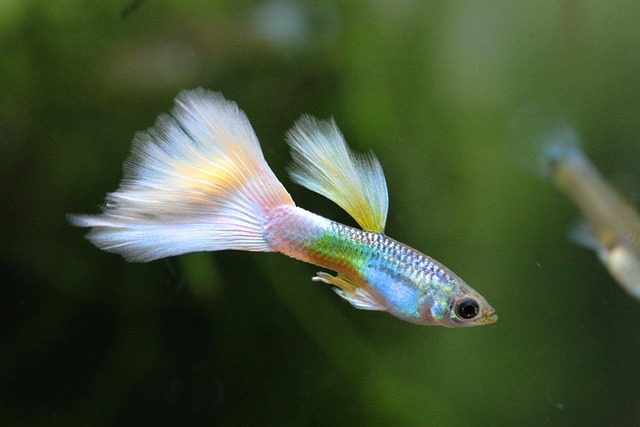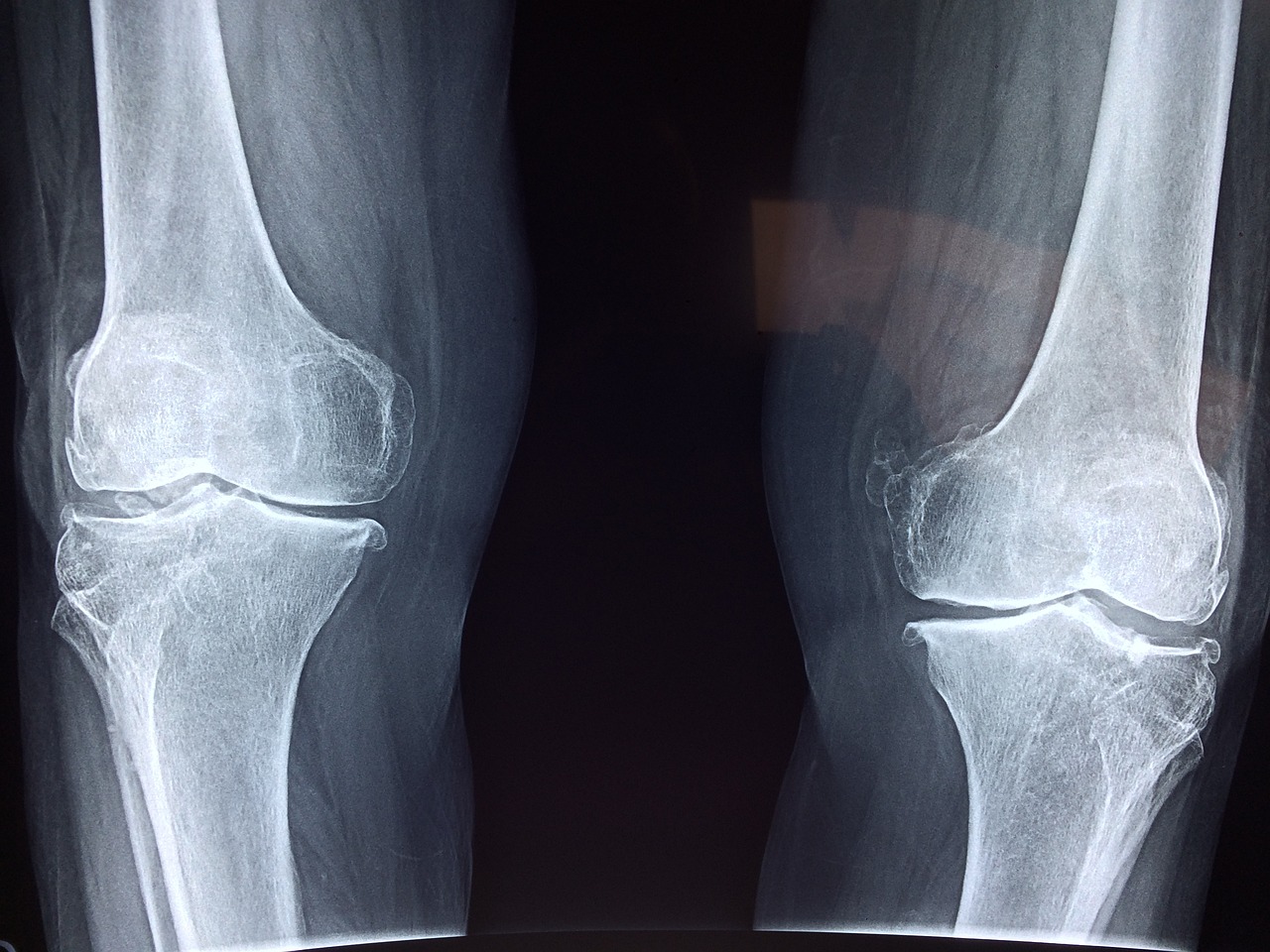Article Title:Sex, death, and evolution in proto- and metazoa, 1876-1913
Abstract:
In the period 1875-1920, a debate about the generality and applicability of evolutionary theory to all organisms was motivated by work on unicellular ciliates like Paramecium because of their peculiar nuclear dualism and life cycles. The French cytologist Emile Maupas and the German zoologist August Weismann argued in the 1880s about the evolutionary origins and functions of sex (which in the ciliates is not linked to reproduction), and death (which appeared to be the inevitable fate of lineages denied sexual conjugation), an argument rooted in the question of whether the ciliates and their processes where homologous to other cellular organisms. In the beginning of the twentieth century, this question of homology came to be less important as the ciliates were used by the British protozoologist Clifford Dobell and the American zoologist Herbert Spencer Jennings to study evolutionary processes in general rather than problems of development and cytology. For them, homology mattered less than analogy. This story illustrates two partially distinct problems in evolutionary biology: first, the question of whether all living things have common features and origins; and second, whether their history and current nature can be described by identical mechanisms. Where Maupas (contra Weismann) made the ciliates qualitatively the same as all other organisms in order to create a cohesive evolutionary theory for biology, Jennings and Dobell made them qualitatively different in order to achieve the same end.
Keywords: August Weismann; ciliates; Clifford Dobell; cytology; death; Emile Maupas; evolution; Herbert Spencer Jennings; Otto Butschli; Paramecium; rejuvenescence; sex
DOI: 10.1023/A:1004740325150
Source:JOURNAL OF THE HISTORY OF BIOLOGY
Welcome to correct the error, please contact email: humanisticspider@gmail.com



